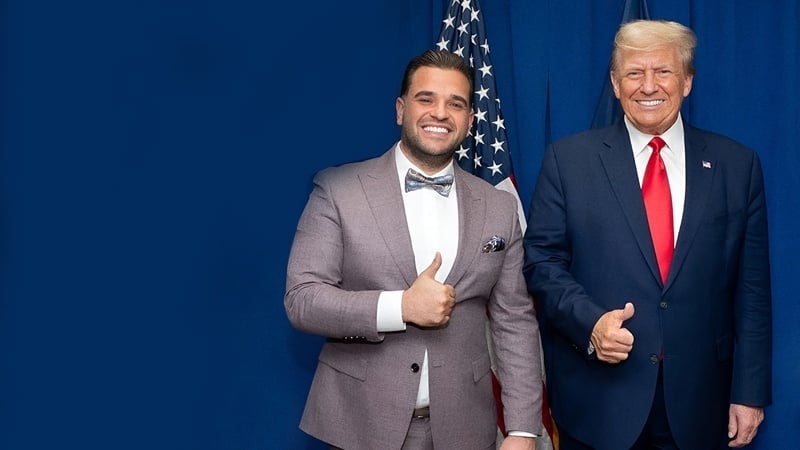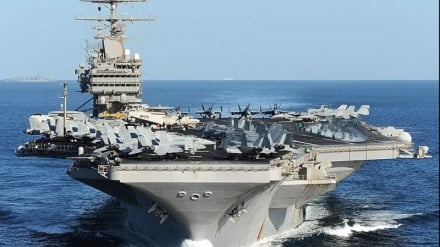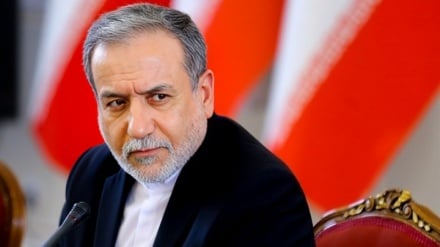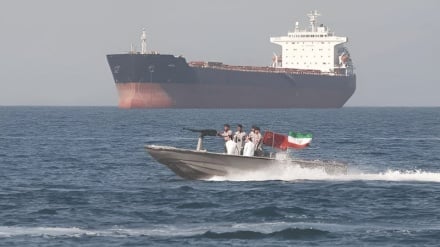What is White House envoy seeking in Iraq?
-

Mark Savaya, U.S's special envoy for Iraq
Pars Today - Amid escalating political competition in Iraq, a key question arises: what strategy is the White House envoy pursuing in the country’s political landscape?
U.S. President Donald Trump has appointed Mark Savaya, an Iraqi-American businessman with a controversial reputation, as his special envoy for Iraq this year. According to Pars Today, citing IRNA, Savaya’s appointment—who is also listed among U.S. social media influencers—has sparked widespread reactions and intense debate within Iraq’s political circles.
Observers believe that the appointment of a non-diplomat, Mark Savaya—originally from Iraq’s Chaldean Christian community—as U.S. President Donald Trump’s special envoy to Iraq, alongside Jared Kushner, Trump’s son-in-law, reveals Washington’s effort to reshape the political rules in Iraq to its advantage.
Many U.S. policy observers in Iraq are concerned that Mark Savaya could follow a path similar to that of Zalmay Khalilzad, the Afghan-American envoy whose tenure contributed to instability in Afghanistan, or Tom Barrack, the Lebanese-American special envoy whose appointment by Trump intensified internal tensions in Lebanon. Observers warn that Savaya, alongside Jared Kushner, could pursue a similar mission in Iraq—potentially on an even larger scale.
Jum’a al-Atwani, head of Iraq’s Horizon Center for Strategic Studies, believes that Washington will undoubtedly intervene during coalition-building for a new Iraqi government through its special envoys, aiming to shape political alliances and the future government in line with U.S. policies.
He noted that Shia political currents have learned from previous U.S. tactics and have devised scenarios likely involving the sacrifice of some smaller pro-resistance political groups, in order to convince the U.S., circumvent its influence, and reestablish the government.
Although al-Atwani is optimistic about this election cycle, he emphasizes that significant challenges and obstacles remain. He notes that while previous election periods may have faced even greater difficulties, Iraq was able to overcome them, as political currents have now reached a higher level of maturity.
In Iraq’s sixth parliamentary election, more than 12 million citizens are eligible to vote, with 7,926 candidates competing for 329 seats in parliament. Unlike the 2021 elections, each province in Iraq now constitutes a single electoral district, a change intended to prevent the loss of votes for candidates—a problem that occurred in the previous election when multiple districts were used.


